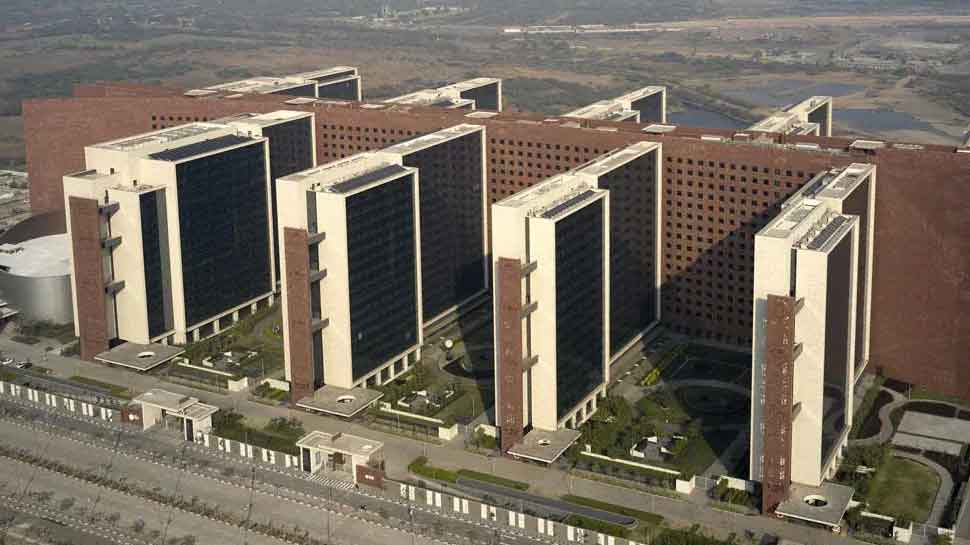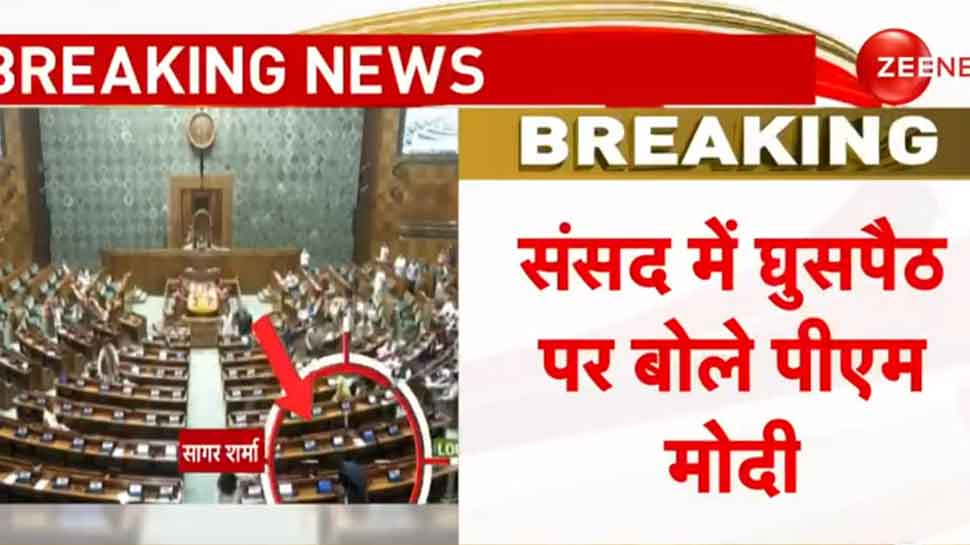UNIFORM CIVIL CODE A BOON FOR INDIAN SOCIETY

UNIFORM CIVIL CODE SIMPLIFIED AS PER THE CONSTITUTION OF INDIA
Uniform Common Code as in the Directive Principles of States Policy (Article 44) under the Indian Constitution, states that it is the duty of the state to secure for the citizens a Uniform Civil Code throughout the territory of India. Simply put together it means, one nation one set of rules for all, irrespective of any bias.
REFLECTING BACK IN TIME
Dr. BR AMBEDKAR while drafting the constitution reassured that the law enforced were applicable to all religious communities in certain specific matters. The matters such as marriage, divorce, inheritance, and adoption were all dealt with the help uniform common code. This was a temporary resort .
Article 44 of the Directive Principles in the Indian Constitution addresses the discrimination against vulnerable sections of our society.
Dr. B.R. Ambedkar said that a Uniform Civil Code (UCC)was desirable after the independence, but for that moment it remained voluntary. The constitutional committee added Article 35 of the draft Constitution as a part of the Directive Principles of State Policy in Part IV of the Constitution of India as Article 44. The Constitution incorporated Article 44 as an aspect that would be fulfilled when the nation would be ready to accept it and the social acceptance of the UCC could be made.
ORIGINS OF THE UNIFORMITY IN INDIAN CONSTITUTION: UNIFORM CIVIL CODE ESTABLISHED IN INDIA
The importance of UCC was pressed upon by the British government in the year 1835 citing uniformity and bonding Indian laws together for matters over crimes, evidence, and contracts, specifically recommending that personal laws of Hindus and Muslims be kept outside such codification.
Legislations related to personal issues ie. Familial etc. in the far end of the British rule forced the government to form the B N Rau Committee to codify Hindu law in 1941. Thus the assigned Hindu Law Committee was to examine the question of the necessity of common Hindu laws. The committee, in accordance with scriptures, recommended a codified Hindu law, which would give equal rights to women. The Act reformed the Hindu personal law and gave women greater property rights, and ownership. It gave women property rights in their father’s estate.
DIFFERENTIATING THE LAWS: CRIMINAL VS CIVIL
Criminal laws are the same and widely applicable to all but civil or personal law as we say in simple words are swayed by one’s own personal beliefs and religious prescriptions of one’s faith.
A PRECEDENCE IN THE INDIAN SUBCONTINENT WORTH PONDERING UPON
SHAH BANO CASE: A LONG WAIT FOR JUSTICE

In 1985, Shah Bano moved to Supreme Court for seeking maintenance under section 125 of the Code of Criminal Procedure when her husband divorced her after 40 years of marriage by giving triple talaq and denied her regular maintenance.
The Supreme Court gave the verdict in favor of Shah Bano by applying section 125 of the Indian Criminal Code which is applied to all citizens irrespective of religion. Then Chief Justice, Y.V Chandrachud, observed that a Common Civil Code would help the cause of national integration by removing disparities in law. The court hence directed the Parliament to redraft a fresh UCC.
STEPS HENCEFORTH BY THE PARLIAMENT

The case caused the Congress government, with its absolute majority, to pass the Muslim Women (Protection of Rights on Divorce) Act, 1986, which diluted the judgment of the Supreme Court and restricted the right of Muslim divorcées to alimony from their former husbands for only 90 days after the divorce (the period of iddah in Islamic law).
However, in later judgments including the Danial Latifi v. Union of India case and Shamima Farooqui v. Shahid Khan, the Supreme Court of India interpreted the act in a manner reassuring the validity of the case and consequently upheld the Shah Bano judgement, and The Muslim Women (Protection of Rights on Divorce) Act 1986 was nullified.
UNIFORM CIVIL CODE AND IT’S FUTURE

The UCC stands to hold water and serve the purpose aimed by Dr. Ambedkar even now. When implemented correctly, the common code will simplify laws that are not currently streamlined.
Even in 2023 as they claimed in their 1996 election manifesto BJP says that the common code is necessary to ensure gender justice and equality. This can be achieved through uniform application of personal laws, and by fostering national unity and integration.
“If there is one law for one family member and another for another family member, can that family function smoothly? Can a country function with such dual systems?”
India will hold its next general election by May 2024, following commanding wins for the BJP in 2014 and 2019. Critics say the party’s campaign playbook has been to polarise voters along religious lines. Though the BJP maintains it represents all Indians and that it wants SABKA SAATH SABKA VIKAS.
The government could start by raising the age of marriage for Muslims to match others. Outlawing polygamy and mandate an equal share of inheritance for Muslim men and women is also a considerable step.





